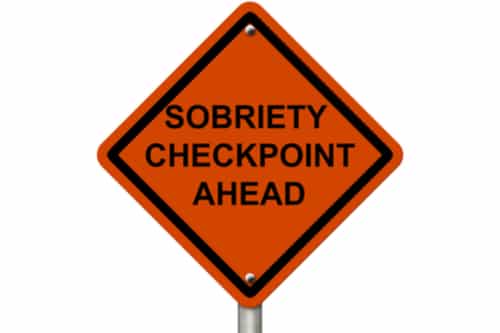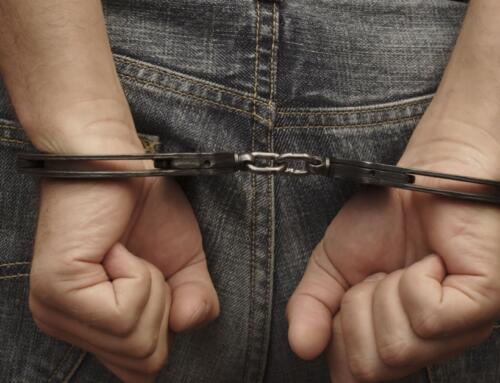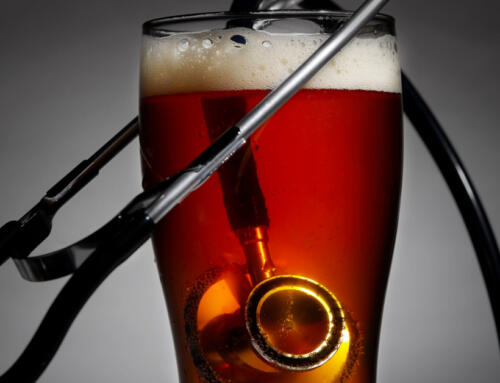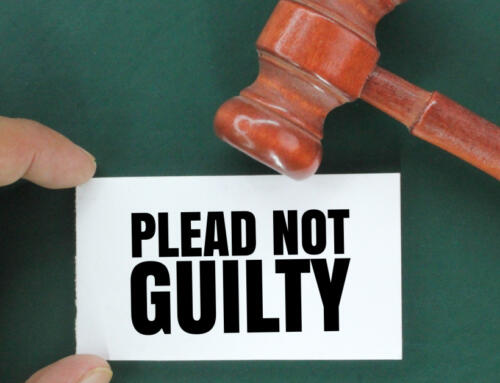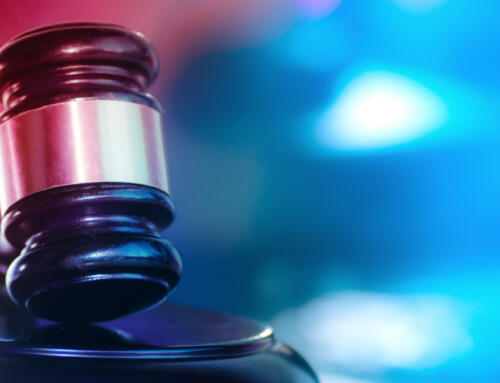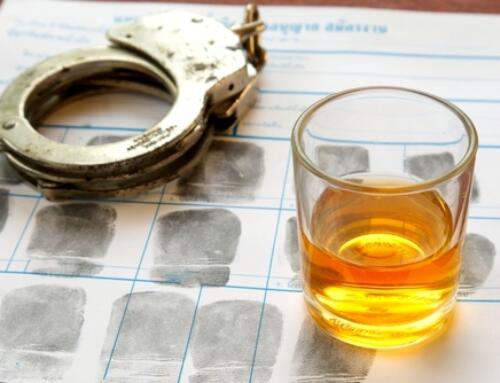We typically see an increase in the number of sobriety checkpoints in Pennsylvania during the summer months. While sobriety checkpoints are legal under Pennsylvania law, they are also subject to various rules and restrictions. If the police violate these rules and restrictions, DUI arrests made during sobriety checkpoints can be rendered invalid in many cases.
With this in mind, here is what you need to know if you have been charged with DUI at a sobriety checkpoint in Pennsylvania:
1. The Police Must Provide Sufficient Warning That a Sobriety Checkpoint is Ahead
When conducting sobriety checkpoints, the police are not allowed to rely on the element of surprise. Therefore, sobriety checkpoints must be well-marked, and these markings must provide sufficient warning so that drivers can avoid them if they wish to do so.
No one wants to sit through a sobriety checkpoint, and there are plenty of reasons why a driver might not want to stop and deal with the police. So, avoiding a sobriety checkpoint does not make you look guilty. Furthermore, the police cannot use your effort to avoid a checkpoint as a basis for pulling you over unless you violate the law in doing so (i.e., if you cross a median).
2. Sobriety Checkpoint Stops Must Be Brief
Each stop during a sobriety checkpoint must be brief. If the police detained you for an extended period of time before asking you to pull over and step out of the car, your stop might have been unlawful. If it was, then all of the evidence obtained during your stop may be inadmissible in court. Without admissible evidence, the prosecution won’t be able to secure a conviction.
3. The Police Must Stop Drivers Based On Pre-Established Standards
The police cannot stop drivers at their discretion during sobriety checkpoints in Pennsylvania. Instead, they must conduct stops based on pre-established, objective standards that result in drivers being selected at random. If the police singled you out for any reason, then your stop may have been invalid—and this may allow you to avoid a conviction in your DUI case.
4. The Police Must Choose the Checkpoint’s Location Based on Where Drivers are Likely to Be Intoxicated
The police cannot randomly select the location of a DUI checkpoint. For example, they cannot choose a high-traffic area to make a high number of stops, and they cannot choose to target a particular neighborhood or community. Instead, the police must choose a location based on where they believe drivers are likely to be intoxicated. If the police unlawfully chose the location of the sobriety checkpoint where you got arrested, this could also mean that your arrest was unlawful.
5. Sobriety Checkpoint Stops Must Not Include a Physical Search
The police cannot use a sobriety checkpoint as an excuse for searching drivers’ vehicles. While the police can search your vehicle if you provide your consent after you get pulled over, if they searched your vehicle beforehand and/or without your consent, this could also mean that you are entitled to have certain evidence withheld from your DUI case.
6. You Have the Right to Refuse the Field Sobriety Tests
Under Pennsylvania law, you have the absolute right to refuse the field sobriety tests. The police cannot force you to take these tests under any circumstances. However, if you “voluntarily” submitted to the field sobriety tests (even if you didn’t know you had the right to refuse), then the prosecutor’s office may be able to use your performance on the tests against you.
7. You Have the Right to Refuse a Preliminary Breath Test (PBT)
Under Pennsylvania law, you also have the right to refuse a preliminary breath test (PBT) during a sobriety checkpoint stop. This is a breath test conducted before your arrest. While you must submit to a breath test post-arrest under Pennsylvania’s implied consent law, this law does not apply to PBTs.
Similar to the field sobriety tests, if you “voluntarily” take a PBT, then your test results may be admissible as evidence against you in court. But, there are various ways to challenge the accuracy and reliability of PBT results; if your sobriety checkpoint stop was illegal, this could provide grounds to have your PBT results thrown out as well.
8. You Don’t Have to Answer Any Questions During a Sobriety Checkpoint Stop
During a sobriety checkpoint stop in Pennsylvania, you are required to state your name and provide your driver’s license, vehicle registration, and proof of insurance. But, you are not required to answer any questions the police officer may ask.
Of course, this won’t stop the police officer from asking questions—and, eventually, you may feel compelled to answer. If you answer any questions voluntarily during a lawful sobriety checkpoint stop, the police can use this to pull you over, and prosecutors can use your statements against you in court.
9. All Standard DUI Defenses Apply
Once the police pull you over and order you out of the car, all standard DUI defenses apply. If the police arrest you without probable cause, if they fail to read your Miranda rights, if your breath sample is invalid, or if there are any other issues with the prosecution’s case, a DUI attorney can use this to fight your DUI charge in court.
10. The Consequences of a DUI Conviction Can Be Severe
When deciding what to do after a DUI arrest during a sobriety checkpoint, it is important to understand the potential consequences of a conviction. DUIs carry severe penalties under Pennsylvania law, and having a criminal record can negatively impact your life in many other ways as well. Therefore, you need to take your case very seriously; and, to ensure that you can defend yourself by all means available, you should promptly discuss your case with a defense lawyer.
Request a Free Consultation with Philadelphia DUI Defense Lawyer Brian Fishman
If you were charged with DUI at a sobriety checkpoint in Pennsylvania, we encourage you to contact us promptly for a free consultation. To speak with Philadelphia DUI defense lawyer Brian Fishman in confidence, call 267-758-2228 or request an appointment online now.

